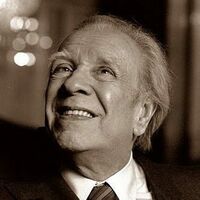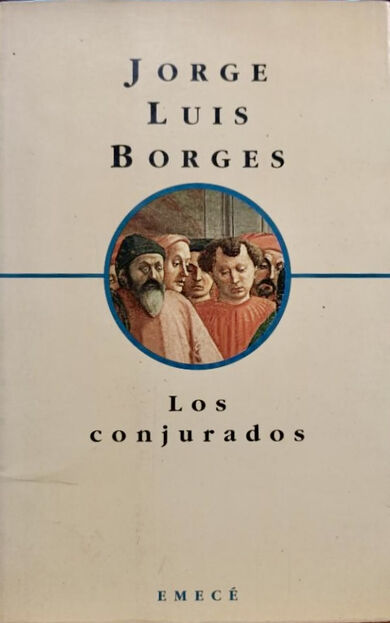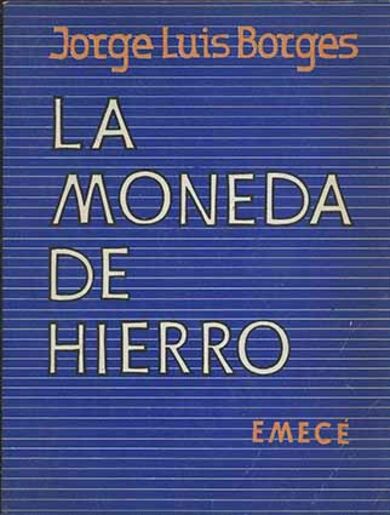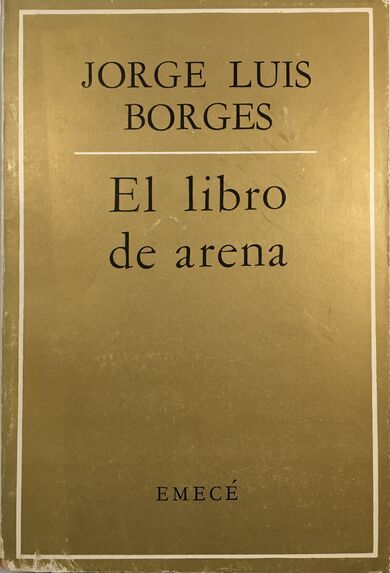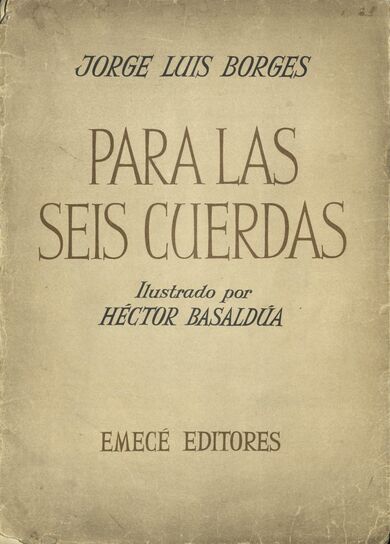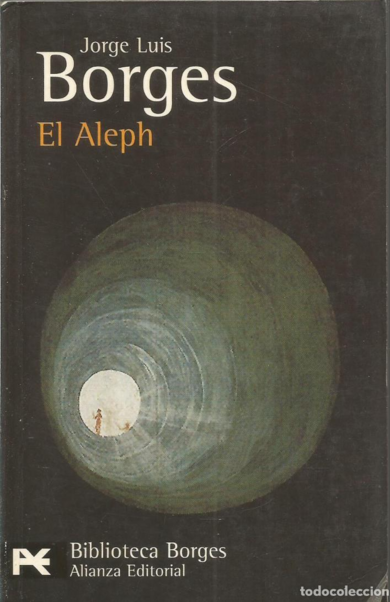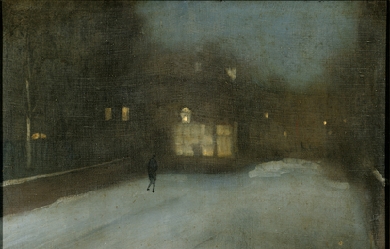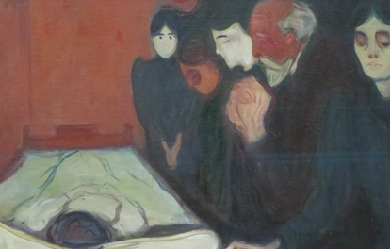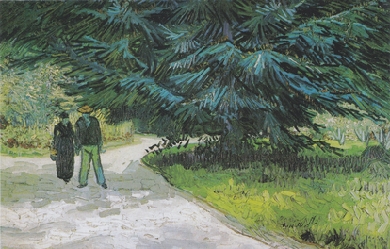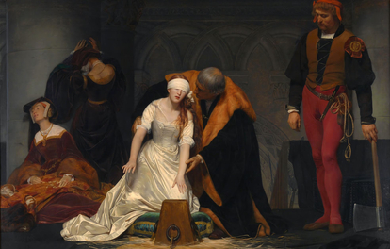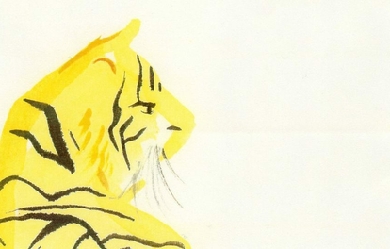
Sherlock Holmes
He was not born of woman, he had no ancestor.
(Of Adam and Quijano before him this was so.)
He is composed of randomness. The to and fro
of wayward readers rule him, here and everywhere.
You would not be wrong to think that when the author first sees
his hero is the moment of birth or that his hero slips
into death whenever our memories suffer eclipse,
we who dream him. He is hollower than the breeze.
He is chaste. Knows nothing of love, not even the kiss.
Yes, this most virile of men has renounced the lover's art.
He lives in rooms in Baker Street, alone, and apart.
Another power he lacks is forgetfulness.
An Irishman dreamed him up, without any affection,
and even tried to kill him, they say. But all in vain:
magnifying glass in hand, in sun, in rain,
his strange fate was to interrupt an interruption.
He has no friends but never loses the devotion
of the other man, who was his evangelist,
noted his coups and miracles and left a list.
He lives in the safest, easiest place: the third person.
He goes down to the baths no more. Nor were they ever
frequented by the late Hamlet, that reclusive Dane
who is almost wholly ignorant of the domain
of the blue sword and the sea, the longbow and the quiver.
(Omnia sunt plena Jovis. In a similar way,
we will say of that innocent, the eponym of the play,
that his changeable, unquiet spirit wanders about
the various realms into which this globe is parcelled out.)
He pokes the damp logs in his fireplace into flames;
on the moors of the West Country he kills a dog from hell.
A tall man who does not know that he is perennial,
he solves the most trivial mysteries, quotes epigrams.
He comes to us from a foggy London, lit by gas,
a London all too conscious of being an empire's hub
(he is indifferent to this), a London of brothel and club,
who does not want to feel she is not what she was.
Let us not be surprised. After death's agony,
that single power we name either destiny or chance
affords to each of us that curious happenstance
of being echoes or forms that die day after day.
That die until the final day when oblivion,
which is our common goal, wipes us utterly away.
Before it arrives, let us amuse ourselves with the clay
of being here for a while, of being and having been.
Thinking of Sherlock Holmes some evening or afternoon
is one of the good habits we still have, to date.
Siestas and death are another. And so too is our fate
of rustic convalescence, or looking at the moon.
Robert Mezey and Richard Barnes
* Todas las cosas están llenas de Júpiter

